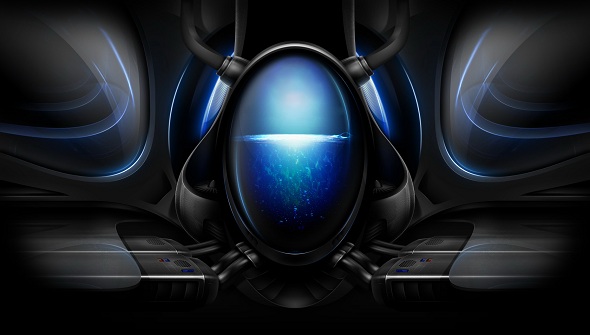 Imagine a computer slightly bigger than an Altoids box that only costs $25. These tiny computer has been developed for kids to make it easy for them to learn how to program using Linux. The computer hooks up to a TV and a keyboard, plays Blu-Ray discs, and runs Fedora, Debian and ArchLinux. Hopefully kids will play around with programing like they used to in the 80’s and 90’s.
Imagine a computer slightly bigger than an Altoids box that only costs $25. These tiny computer has been developed for kids to make it easy for them to learn how to program using Linux. The computer hooks up to a TV and a keyboard, plays Blu-Ray discs, and runs Fedora, Debian and ArchLinux. Hopefully kids will play around with programing like they used to in the 80’s and 90’s.The Raspberry Pi Foundation is a UK charity. The actual idea for the Raspberry Pi mini computer started in 2006 with Eben Upton, a lecturer at Cambridge University. One of his roles also included admissions. He noticed that the experience of applicants interested in Computer Science had changed drastically. Rather than kids who were playing around with programming on the family computer, the current applicants had little to no experience with computer programming.
He and fellow colleagues from the university like Rob Mullins and Alan Mycroft started pondering how to get kids programming again. Upton started building prototypes of Raspberry Pi. In 2008, processor chips designed for mobile devices became powerful enough and cheap enough to provide good multimedia support.
The current models are the size of a credit card. An illustration of the computer can be found below. The minicomputers will do about everything a regular computer will do including word processing, spreadsheets, gaming, and playing videos. Both models have the same components but different amounts of RAM. The A model has 128 MB and the B model has 256 MB. To put this in perspective, the latest cell phone models have one gigabyte of RAM so we aren’t talking computers that will do a lot of multitasking.
According to EcoGeek, the performance of the computer will be similar to a 300 MHZ pentium processor. The actual processor in use is an ARM based system on a chip. These should be easy to power up since they will run off of four AA batteries. The model A will require only a 300 mA charger and the model B a 700 mA charger. Solar power is also an option.
As mentioned earlier, the idea behind these computers is to provide a small affordable computer for kids to learn programming. The foundation has gotten a lot of interest from the educational community and developing countries. Inquiries have also come from museums and hospitals who want to use the Raspberry Pi to run displays. Of course, people interested in building robots are interested in these little boards. While the computers are aimed at kids, they sound like they might be a lot of fun to play with for adults as well.
The first production run will be 10,000 and will go on sale at the end of this month. Orders are limited to one per person. The Raspberry Pi will come uncased and can be ordered from raspberrypi.com. The model A will cost $25 and the model B, $35.
The Foundation does expect to offer a buy one, donate one option at some time in the future and as with all charity organizations, they accept donations.

 Tags: computers, Fedora, Linux, Raspberry Pi Posted on: February 24th, 2012 by Susan Wilson
Tags: computers, Fedora, Linux, Raspberry Pi Posted on: February 24th, 2012 by Susan Wilson View the original article here









0 comments:
Post a Comment